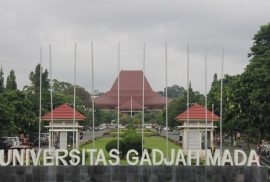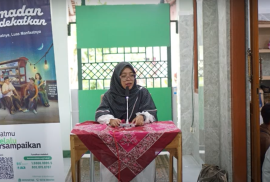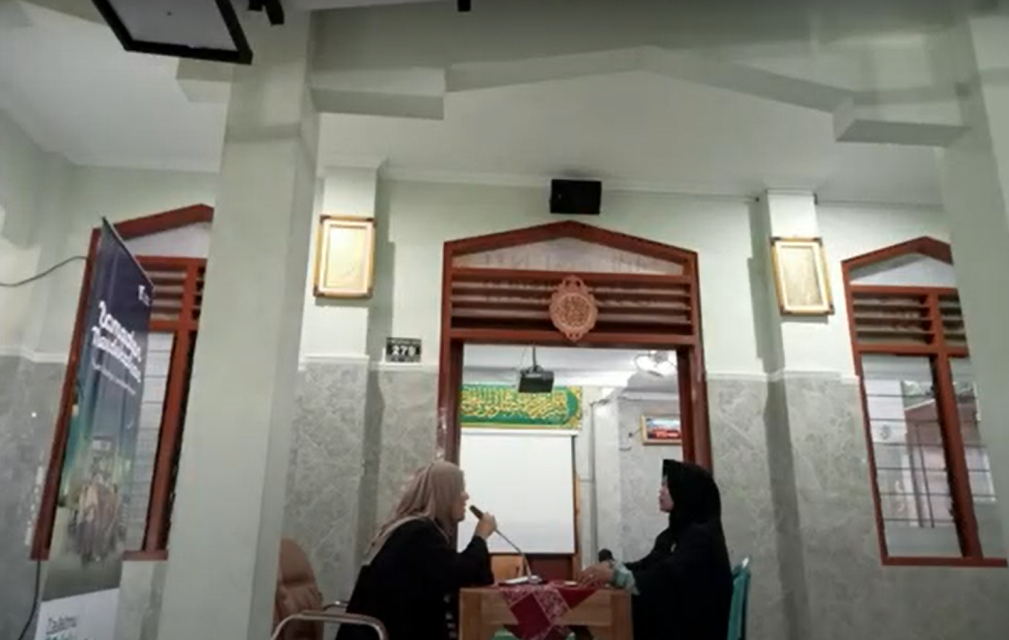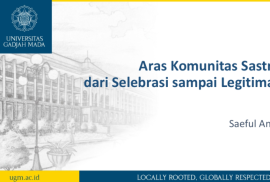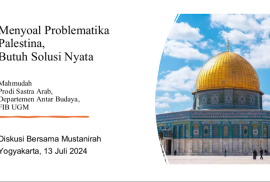On 20 July 2024, Mohamad Yusuf, Lektor III/d from the Department of Anthropology, carried out Community Service activities on UGM Campus with the title ‘Writing Public Opinions’. The output of this activity is an opinion entitled ‘Building Tourism for What and For Whom?’, which is disseminated through newspapers. This opinion criticises the tourism development paradigm that currently focuses more on fulfilling the interests of large capitalist groups, while basic human values are often ignored.
In his writing, Yusuf voiced his concern over the direction and goals of tourism development, which is considered increasingly distant from the needs of local communities and humanity. He emphasises the importance of an approach that is more equitable and oriented towards common welfare, not just the benefits of a few parties. It is hoped that this opinion piece will spark further discussion and reflection on a more inclusive and sustainable future for tourism.

